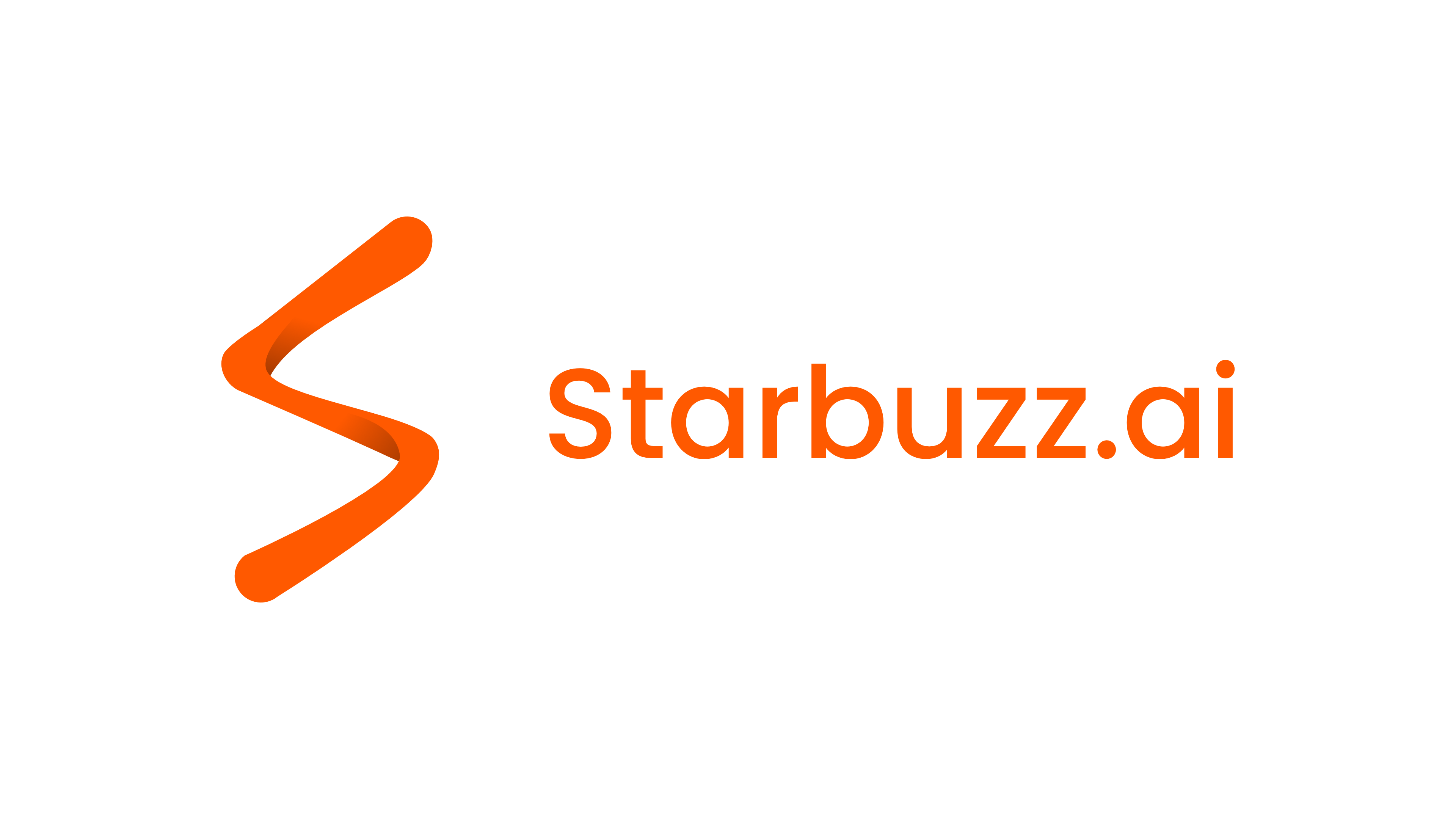In the age of information overload and scepticism towards traditional advertising, consumers are turning to trusted voices for purchase decisions. Enter influencer marketing – a powerful tool that leverages the reach and reputation of social media personalities to promote brands and products. But for some industries, influencer marketing isn't just a trend; it's a lifeline. Here are 5 industries where influencer marketing strategies are crucial for survival:
1. Fashion & Beauty: This is a classic example of a perfect match between industry and marketing method. Visual platforms like Instagram and YouTube are ideal for showcasing makeup tutorials, outfit inspiration, and product reviews. Fashion and beauty influencers have cultivated loyal followings who trust their recommendations. Partnering with the right influencer allows brands to tap into a targeted audience and build brand loyalty.
Influencer Marketing Strategies for Fashion & Beauty:
Micro-influencers: Consider collaborating with micro-influencers (10k-50k followers) who have highly engaged communities.
Content Variety: Go beyond product placement. Partner with influencers to create tutorials, challenges, or user-generated content campaigns.
Authenticity is Key: Consumers see through inauthentic endorsements. Choose influencers who genuinely align with your brand values.
2. Travel & Hospitality: Breathtaking landscapes, luxurious hotels, and insider travel tips – these are the elements that travel influencers excel at showcasing. They inspire wanderlust and provide valuable information to potential travellers. Partnering with travel influencers allows hotels, destinations, and travel companies to reach a targeted audience actively seeking travel experiences.
Influencer Marketing Strategies for Travel & Hospitality:
Experiential Marketing: Partner with influencers to create unique travel experiences that they document and share with their audience.
Niche Targeting: Target specific travel demographics. Partner with food bloggers for culinary tours or family travel bloggers for kid-friendly destinations.
User-Generated Content: Encourage influencers to host contests where followers share their travel photos using a branded hashtag.
3. Food & Beverage: From food bloggers to home chefs and restaurateurs with social media followings, the food and beverage industry thrives on influencer marketing. Influencers can create mouthwatering content that showcases dishes, restaurants, and food products, driving customer interest and restaurant footfall.
Influencer Marketing Strategies for Food & Beverage:
Recipe Development: Partner with influencers to develop signature recipes using your brand's products.
Food Challenges: Create fun food challenges that encourage user-generated content and brand interaction.
Live Cooking Events: Host live cooking events with influencers on social media platforms like Instagram Live.
4. Fitness & Wellness: People turn to fitness influencers for workout routines, healthy eating tips, and motivation. Partnering with the right influencer allows fitness brands, gyms, and healthy food companies to connect with a health-conscious audience and establish themselves as trusted authorities.
Influencer Marketing Strategies for Fitness & Wellness:
Fitness Challenges: Partner with influencers to design fitness challenges that followers can track and share their progress.
Live Workouts: Host live workout sessions on social media platforms featuring influencer trainers.
Community Building: Encourage influencers to build a community around healthy living and your brand.
5. Technology & Gaming: Tech influencers are early adopters and trusted sources for information on new gadgets, software, and games. Partnering with them allows tech companies to generate pre-launch buzz, educate consumers about product features, and position themselves as industry leaders.
Influencer Marketing Strategies for Technology & Gaming:
Product Reviews & Unboxing: Partner with influencers to create in-depth product reviews and unboxing videos.
Livestream Gameplay: Collaborate with gaming influencers to live stream game play featuring your new game.
Tech Q&A Sessions: Host live Q&A sessions on social media platforms with tech influencers to answer user questions.
By strategically implementing influencer marketing, these industries can build trust, brand awareness, and ultimately, drive sales. Remember, influencer marketing is all about building genuine connections. Focus on finding the right partners who resonate with your brand and target audience.
In Conclusion: Influencer marketing is a powerful tool that can be leveraged across various industries. By understanding your target audience and partnering with the right influencers, you can create a winning marketing strategy that fosters trust, increases brand loyalty, and drives sales.



